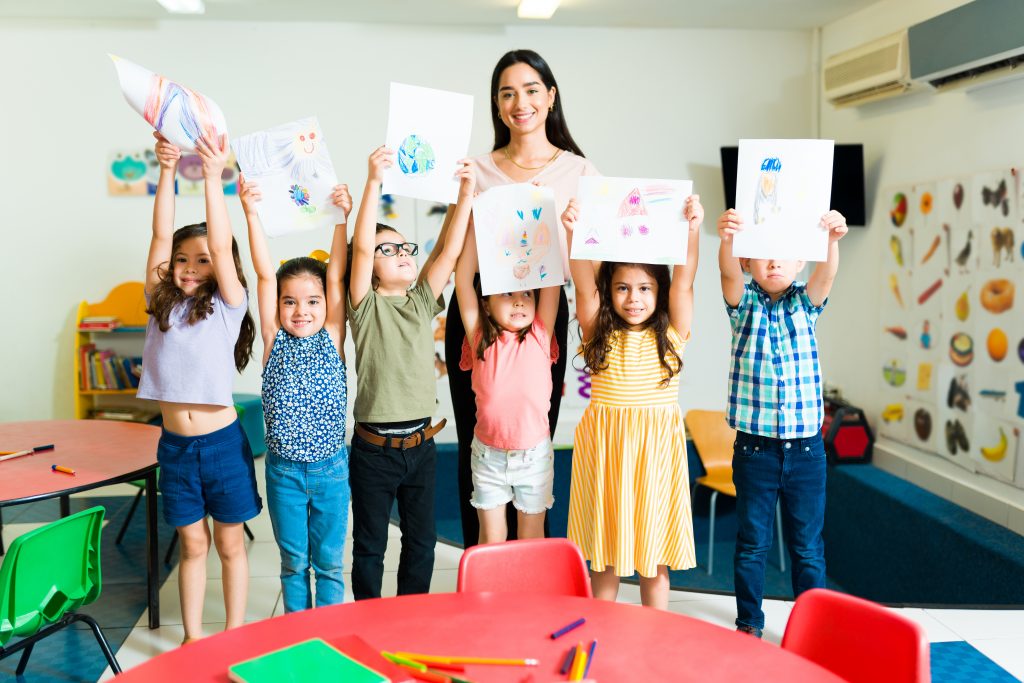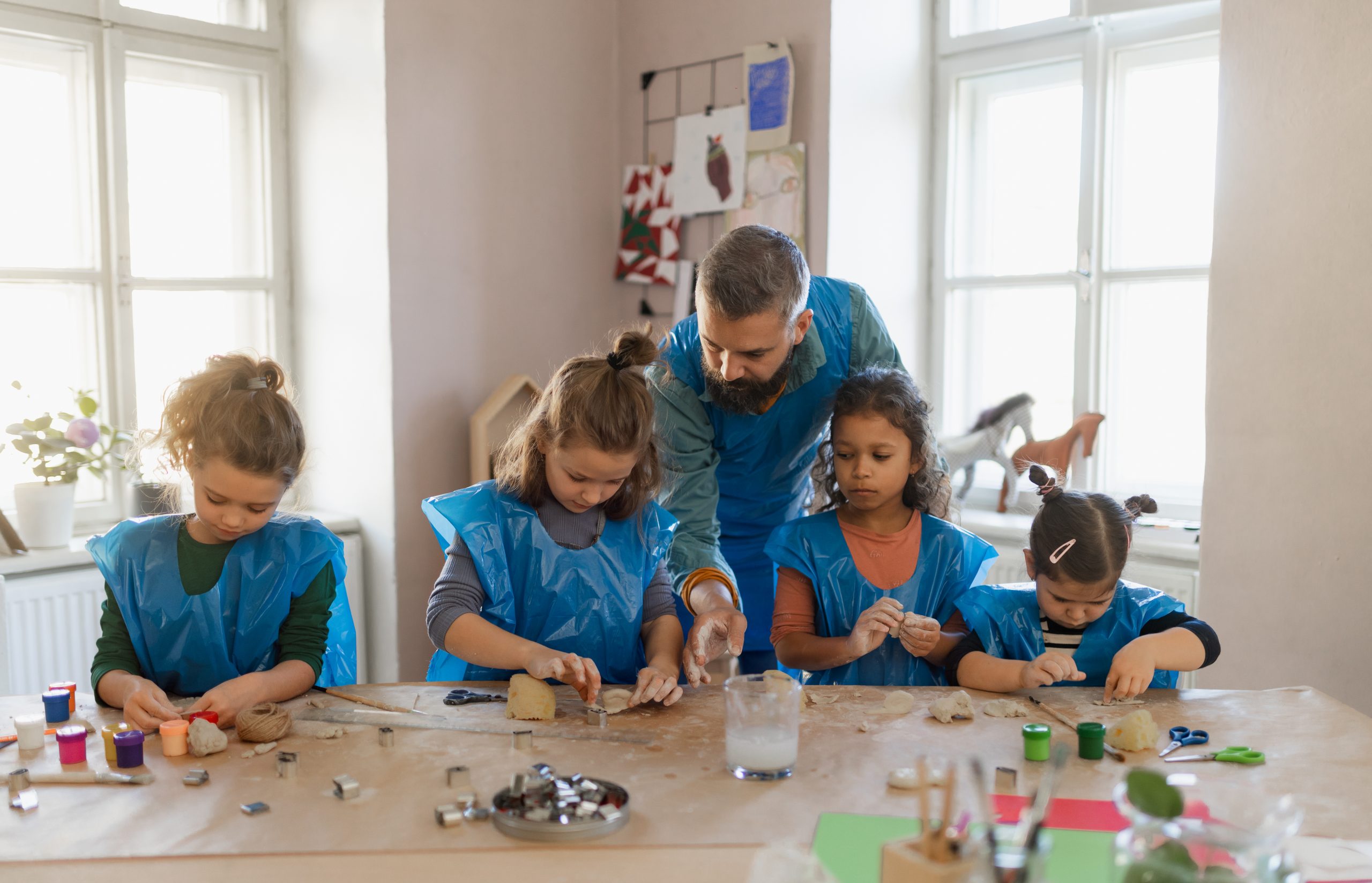The Creativity Crisis– How you can combat the national decline of art, drama and music provision
In the last decade, there has been a dramatic decline in the quality and quantity of arts education in primary schools in England. Spending per student has fallen by 10% since 2009 which has affected the access to resources teachers need to deliver high-quality lessons. A reduction of investment and emphasis on the arts has resulted in a skills gap. It is said that 45% of teachers believe they do not have the experience to provide quality art lessons.
Despite the decline in investment, schools must recognise the importance of the Arts and how you can improve the delivery of these subjects in your school with minimal investment.

Why the Arts are important
Holistic Development– Art, drama and music contribute significantly to a child’s holistic development, fostering creativity, critical thinking, and emotional intelligence. These subjects provide a well-rounded education that goes beyond academic achievements. Studying art has been said to improve a young person’s cognitive skills by up to 17%.
Creative Outlet– One in six children in England experience a mental health problem. In a time when mental health issues are on the rise, it is more important than ever to invest in the Arts. These subjects foster a creative outlet that allows children to communicate, understand and navigate their feelings.
Cultural and Social Understanding– Music, drama and art bring people together, celebrate diversity and enable people to express themselves. Artists, musicians, and playwrights often produce work relating to their culture, socio-political identities, and local environment. By studying the arts, children can build a sense of belonging, community, and strong relationships.
How you can provide more arts in your school
Utilise Existing Resources– Art can be made from anything as long as you have imagination. Collect natural resources from outside, repurpose and recycle existing materials and even free digital resources.
Cross-Curricular Integration– Integrate art, drama and music into other subjects. Drama and literacy go hand-in-hand: organise role-play and reenactments whilst reading. Explore your current curriculums and think outside the box of ways you can integrate creative subjects into your lessons.
Investing in an Arts specialist– Investing in outsourcing an arts specialist can be beneficial for your school in numerous ways. LSC PPA Cover services can help you provide the necessary PPA time for your teachers, whilst delivering high-quality art, drama or music lessons to your pupils. Our teachers are specialised in their subject and can deliver curriculum content to the highest quality. This not only benefits the pupils but also raises the profile of your school.
As we navigate the challenges of budget constraints, it becomes increasingly essential for educators to embrace resourcefulness, creativity, and collaboration in raising the profile of the Arts in Primary Schools. If you are interested in learning more about how you can improve your provisions, reach out to us today to discuss how LSC can serve your school’s requirements and deficits.

Sources:
Primary Colours- Fabian Policy Report 2018
The Arts in Schools Cultural Learning Alliance Briefing Paper 4



